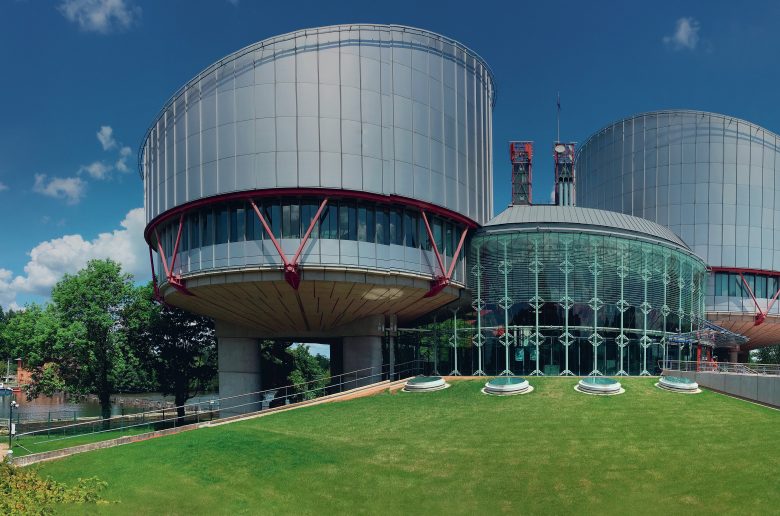
The burkini ban in some French coastal resorts this summer — and the scenes of male police officers surrounding a woman on the beach and forcing her to remove the garment, which went viral on social media — is a topical reminder of the problems associated with legal rules on what we can and can’t wear in public. Although France’s most senior administrative court, Conseil d’Etat (State Council), subsequently held that the ban on burkinis in Villeneuve-Loubet was ‘a serious and clearly illegal blow to fundamental liberties such as the freedom of movement, freedom of conscience and personal liberty’, the debate in France continues and considerable resistance to the burkini remains in some areas.
In some ways the French antipathy to a piece of beachwear is explained by the secular nature of the French constitution and increased sensitivity to Islamic influences in a country recently rocked by jihadist terrorist attacks. French politicians champion the view that in a secular society women have freedom of expression and should not therefore have to cover up their bodies because of the requirements of a patriarchal religion. It is a strange kind of liberalism, however, that claims to rescue women from being told what to wear by their religion and in so doing tells women what they should be wearing on the beach. France banned the wearing of face veils in public, as represented by burkas and niqabs, in 2011, a position it shares with Belgium and towns in the Catalonia region in Spain. The issue has also come to dominate German political debate following a proposal to ban the veil by the German interior minister ahead of elections in 2017.
Your organisation does not have access to this article.
Sign up today to give your students the edge they need to achieve their best grades with subject expertise
Subscribe




